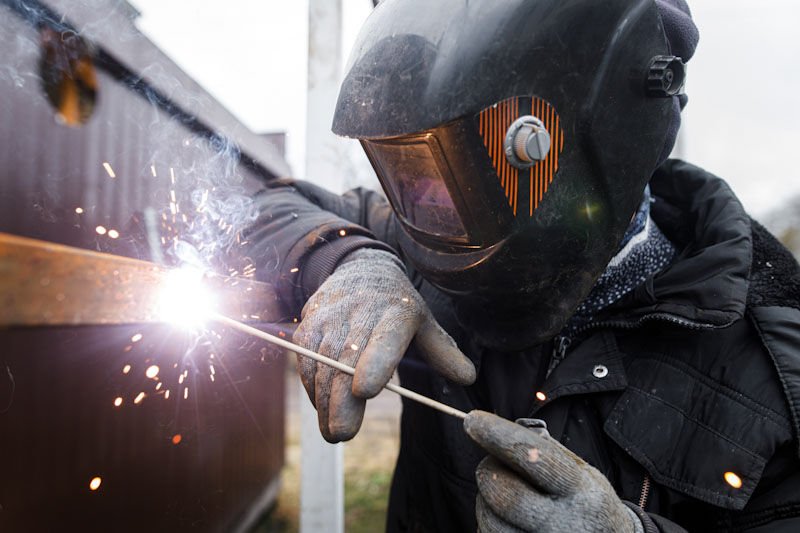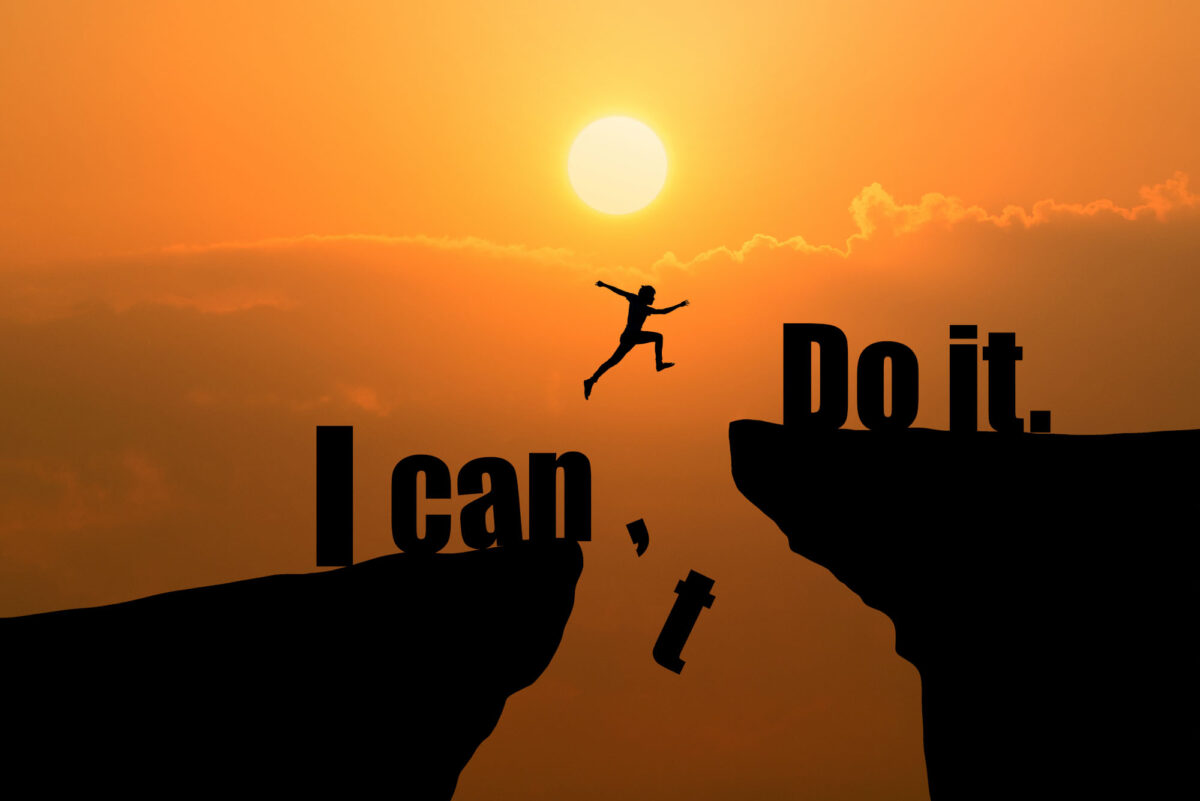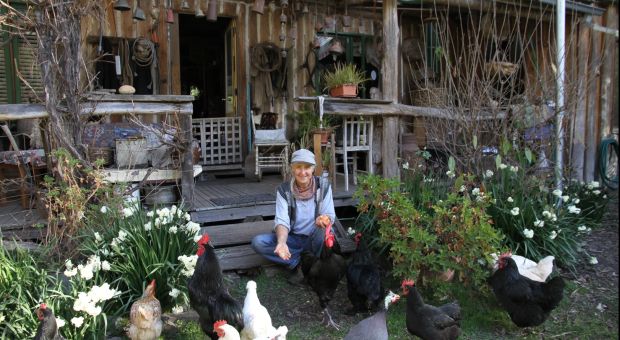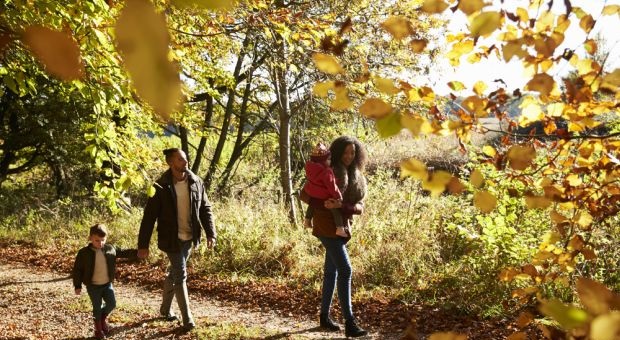I grew up in a different time. That’s actually not hard to say, when you’ve reached retirement age… not that I’m retiring anytime soon. But, as we’ve all heard before, things were different back then. Many things were better, at least in the minds of those of us who lived back then, but there were also things that were worse. Change is change and it can be both better and worse at the same time.
Of the many things that have changed, one is the loss of many important skills. The push for everyone to get a college degree, coupled with living in a world where we’re surrounded by computers and connected via the Internet, has left a dearth of skilled workers in what used to be known as “the trades.” Thanks to that shortage, plumbers and welders are often making more money than people with college degrees, while those with the degrees are shocked to find that there are no jobs which require their degree in gender studies or underwater basket weaving.
That’s bad enough; but our higher education isn’t the only area where these basic building skills are missing. When I was growing up, it was common for the average man to know at least some basic mechanics, carpentry, plumbing and electrical. That was part of their upbringing, as fathers taught their sons the skills they knew. The average man could repair most things around their homes, only resorting to hiring a “professional” when the job was too big or required specialty tools they didn’t have.
Move forward a few decades and it becomes hard to find men who know any one of those skills, let alone all of them. Part of that can be attributed to the feminization of men in our society, while another part is due to the younger generation being much more interested in electronic games and social media, than they are in doing things with their hands. Our children are losing out on the joy of creating, substituting an artificial happiness that comes from killing some electronic rival.
So, why does this matter to us as preppers? It matters because those skills can be important to survival. Maybe they don’t matter to wilderness survival; but they will become critical in the wake of a TEOTWAWKI event, when we’re trying to rebuild some semblance of society. There won’t be much need for marketing specialists; but there will be for carpenters, masons, and electricians.
In his book “One Second After” and the sequels, the residents of William Forstchen’s town of Black Mountain worked hard to keep refugees from overrunning them, eating their food and consuming their other resources. The exception to that was people who had the kinds of skills I’m talking about. If you had been a lineman for the electric company, they were interested in you joining them, as one of the things they were working on was reestablishing telephone communications for their community’s government. They were also working on hydropower for electricity and other important community projects. Those who could help with that work were more than welcome.
Like many other things he wrote about in his trilogy, I think that Forstchen nailed this one on the head in a number of different ways. First, those who survive any such disaster are going to be concerned about their own survival, to the point of excluding those who come from “outside.” This will have to be balanced with the desire to restore their community, especially the infrastructure. Balancing those two needs will require allowing some people into the community, just as they did in those books.
Survival has many phases. First, there’s surviving the disaster itself. Once we make it through that phase, we have to survive the aftermath. That’s mostly what we are prepping for, especially when you think of long-term survival. Our stockpiles, rainwater collection systems and vegetable gardens are all part of helping us with that long-term survival. But that alone really isn’t enough.
Long-term survival is a personal thing; focuses on ourselves and our families. At the most, it might extend to a survival team, for those who have them. But those things really don’t do much for guaranteeing the survival of mankind as a species. If you and I, along with our survival teams, manage to survive in our isolated enclaves across the nation, mankind will die off in a few generations, due to the health problems caused by interbreeding. We need a larger society in order to survive.
That takes us back to the importance of a host of skills we don’t normally think of as survival skills. Websites and television may not be necessary to keep mankind alive, but medicine, sewage treatment, large-scale water purification, and a host of building skills are.
As I see it, we have two options. One is to accept the need to help others survive, who have the skills we’re going to need, in order to rebuild society. The other is to learn those skills ourselves. Of the two, it seems to me that it would be easier to provide the food and other necessities to keep the people who have those skills and their families alive. There are probably more of them, than there are of us, so as a rough figure, we could figure that keeping them alive would mean that every prepping family would have to be prepared to provide everything that at least one other family needs.
Can we do that? I don’t think so. Better to learn those skills ourselves.
The good news is that we live in a time when it is easier to learn those skills, than ever before. We can find videos teaching how to do literally anything on YouTube, allowing us to learn, without having to invest a lot of money in going to trade schools. We can even take advantage of what we are learning to do things for our family, improving our homes or making survival projects.
One big question about this is what level of training should we give ourselves. You may be reluctant to start, thinking that you don’t have enough time to become an expert. But that’s one of the beautiful things about the skills I’m talking about. You don’t have to become an expert, in order to have useful skills. Whatever you learn will be useful, even if you don’t become an expert.
Besides being a survival expert, I’m known (at least amongst friends and family) as a consummate do-it-yourselfer. I don’t have a garage on my home, I have a two-car workshop, filled with tools. I’ve even outgrown that workshop and am expanding into the larger one of our two sheds. I not only use the skills that I have to make things for my sale and for my family; but expect that they will be of use to me and my community, when and if a major disaster strikes. I’ve been building things for over 50 years; but I am still working on adding to my skillset, learning more and more all the time.
Even so, I recognize that there are skills I have, which will not be very useful in a post-disaster world, where the grid is down. I have some capability to generate electricity; but not enough, especially when you consider that we will need electricity for the house as well, not just my workshop. So, my first concern is probably going to be increasing my electrical output. I’ll need that so that I can run my tools, doing other things that will need to be done.
I’ll have to say, learning such skills can have a much more selfish goal as well. We can trade our skills and ability with others, bartering for whatever they might have. Many European farmers became wealthy during World War II, trading hams, sausages, cheese and butter to city dwellers for silver and other valuables. Those “valuables” weren’t worth as much as the foodstuffs during the war; but after the war was over and things got back to normal, they were able to sell them, making quite the profit.
We can expect something similar to happen in the wake of any TEOTWAWKI event. There will be things people consider valuable, which they will be willing to trade for food and other essentials. Then, after we help rebuild society, we will be the ones holding the valuables, able to sell them at an incredible profit.
Let’s just call that an added benefit. My experience has been that if my goal is only to gain wealth, I miss out on the true opportunity. Those who try and focus on using a disaster as a means to gain wealth, will probably not gain that wealth, and may very well lose their lives trying. On the other hand, those who are in a position to help others and to shape the society which will rise out of the ashes, will be in a position to eliminate a lot of the social ills we face today, with the added benefit of building their own wealth in the process.









joe fabian | February 10, 2024
|
get yourself connected to a successful farmer-farmers can build-repair any and everything as well as produce, prepare and store food and fiber- like many of my fellow farmers we drive truck rebuild engines of all types , vet skills and fly airplanes- yeah there’s a group called the Flying farmers. i have 3000 hours single engine land